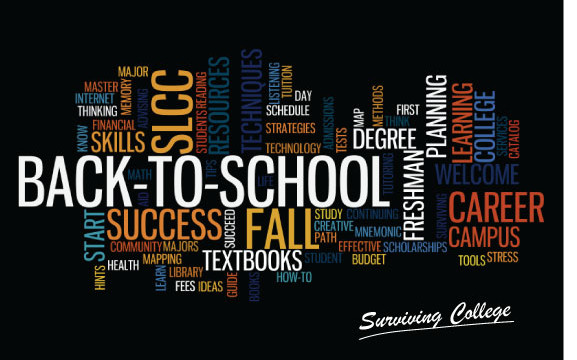What are some critical recommendations for the 2014-2015 school year?

While students are enjoying the last couple of days of summer, educational officials are preparing for their return. To help educational institutions get off to a smooth start, the question to be asked is: What are some critical recommendations for the 2014-2015 school year. Over the past years, we have written articles purposely to support the professional development and intellectual capital of all stakeholders in public education. The following provides an excerpt of four articles that we recommend educational institutions consider reading and instilling the suggestions in their environments as they open the 2014-2015 school year. A full description of these articles can be found on The Holmes Education Post.
Civic mission of U.S. Public Schools
In this millennium, our communities are oblivious to government policies and community issues until there is a calamity. American students need service-learning activities to better understand the world. They need exposure to civic responsibility at an early age to become an integral part of the political process to prevent laws such as “Stand Your Ground” from being written. Just as schools are responsible for preparing students for college and careers, they are equally responsible for preparing students for civic learning and democratic engagement.
According to the National Task Force on Civic Learning and Democratic Engagement, civic learning promotes civic knowledge, skills, and dispositions and builds the 21st century competencies that employers value in workers and is associated with a better school environment and lower student dropout rates.
Appreciative Advising
Dr. Jennifer Bloom, a clinical professor at the University of South Carolina, indicated that K-12 and higher education officials are often speaking different languages instead of learning from each other on how to engage students and parents. She expressed that this can account for some of the academic achievement gap between K-12 and higher education.
As an alternative solution to academic success, Bloom teaches faculty members and professional advisors across the country on how to be better advisors through Appreciative Advising. Appreciative Advising is the intentional collaborative practice of asking positive, open-ended questions that help students optimize their educational experiences and achieve their dreams, goals and potentials.
Preparing Students for a 21st Workforce
Public school students in many states are participating in a Career Technical Education program that allows students to choose a potential job to pursue or path of study in one of the 16 national career clusters. Some examples of these career clusters that have defined occupations under each area include (1) agriculture, food and natural resources, (2) audio/visual technology and communications, (3) architecture and construction, (4) business, management and administration and (5) education and training. See The Holmes Education Post’s book on, “Professional Career Paths,” that provide examples of professionals represented in each of the career cluster areas.
Afterschool and Summer Learning Programs
Being left at home is nothing new for many children who are the products of working parents. It is estimated that 15.1 million children in the U.S. are left home alone and unsupervised. At the same time, communities nationwide are cutting programs at parks and recreational facilities.
Afterschool Alliance, a nonprofit public awareness advocacy organization notes that “afterschool and summer learning programs are valuable vehicles to help address elevated rates of poverty, homelessness, unemployment and food insecurity in African-American and Latino communities.” These programs serve as a means to complement educational activities offered during the school day rather than reproduce them.
Our educational institutions are challenged to identify effective practices to foster a positive learning environment. We hope these articles provide added support to educational institutions for the 2014-2015 school year. Continue to log on to The Holmes Education Post for a wealth of resources and solutions to improve public education.
Dr. Ronald Holmes is the author of six books, “Education Questions to be Answered,” “Current Issues and Answers in Education,” “How to Eradicate Hazing,” “Professional Career Paths” “Your Answers to Education Questions” and “How to revitalize the National Baptist Convention, USA, Inc.” He is publisher of “The Holmes Education Post,” an education focused Internet newspaper. Holmes is a former teacher, school administrator and district superintendent. He can be reached at [email protected].

